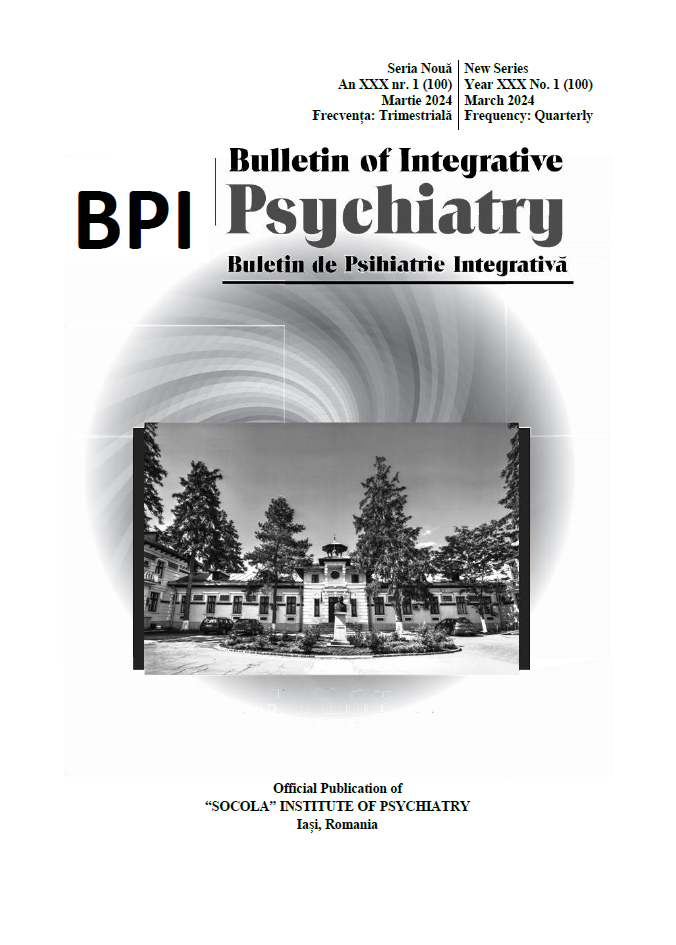Gender differences in depression: Symptoms, causes and treatments
Gender differences in depression: Symptoms, causes and treatments
Author(s): Catinca Pătrașcu, Bianca Augusta Oroian, Adelina Soveja, Raluca-Ioana Marusic, Cozmin Mihai, Oana Crețu, Petronela NechitaSubject(s): Essay|Book Review |Scientific Life
Published by: Editura Sedcom Libris Iasi
Keywords: Depression; female depression; male depression; gender-tailored treatment; hormonal influences; sociocultural factors.
Summary/Abstract: Background: Depression, a common yet complex mental health disorder, presents distinct challenges in diagnosis and treatment. Despite the universal impact of depression, emerging evidence suggests significant gender-based disparities in symptoms, underlying causes, and response to treatment modalities. In men, depression often manifests through atypical symptoms such as increased irritability, substance misuse, and risk-taking behaviors, which contrasts with the more traditional presentations of pervasive sadness and anxiety observed in women. These differences are underpinned by a variety of factors, including hormonal fluctuations, genetic vulnerabilities, and neurobiological variations. Moreover, the role of psychosocial influences, encompassing societal expectations and gender-specific stressors, is critically examined. Methods: In this study, we reviewed existing research to explore how depression varies between women and men. We searched through numerous studies published until January2024, looking at differences in symptoms, risk factors, and treatment responses. By summarizing and analyzing this information, we aim to offer insights into how depression uniquely affects each gender, which could help tailor better treatments for individuals. Results: Our review indicates gender differences in depression, with women showing higher rates of symptoms like sadness and men more often displaying irritability. Women also more frequently face comorbid conditions such as anxiety. Factors like hormonal changes and societal pressures contribute differently across genders and treatments show varied efficacy with women responding better to psychotherapy and men to medication. These insights highlight the need for gender-tailored approaches in depression treatment. Conclusions: Our review underscores the importance of considering gender-specific aspects in understanding depression, revealing differences in symptoms, risk factors, and treatment efficacy between genders. However, to fully grasp and address these disparities, further research into their underlying mechanisms is needed. Such efforts could lead to more customized and effective treatments, highlighting the necessity of gender-focused studies for improving mental health outcomes and personalizing care in depression management. Continual research into gender nuances is vital for advancing our comprehension and treatment approaches for this widespread and impactful condition.
Journal: Buletin de Psihiatrie Integrativa
- Issue Year: 100/2024
- Issue No: 1
- Page Range: 113-121
- Page Count: 9
- Language: English

